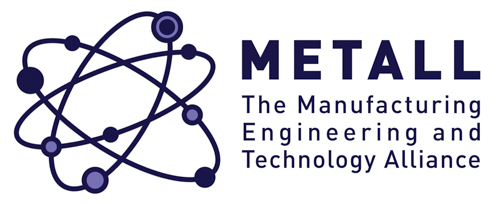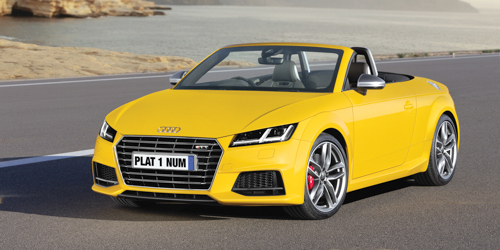
Chris Coopey, Head of the Manufacturing, Engineering and Technology Group at Carpenter Box, reports on the first meeting of the Manufacturing, Engineering and Technology Alliance (METALL) held at Roffey Park near Horsham.
In July, over 30 manufacturing, engineering and technology businesses (who between them employ over 5,000 skilled personnel within the Gatwick Diamond) joined my colleagues and I from Carpenter Box, together with fellow sponsors asb law and CBSbutler for the first METALL event.
The subject for the inaugural meeting was ‘Innovation’ and the keynote speakers, Dr Robert Pearson of Cobham Antennas and Dr Zoe Webster of Innovate UK, each did a fantastic job of explaining what innovation looks like, how it can be achieved and how it can be funded. There were a number of takeaways from the session:
Passion
Innovation is born of passion. Passion to solve a problem and provide a solution can drive a project from concept to realisation and when harnessed effectively, it can become a massive and unstoppable force. We English are not known for our fondness of the word ‘passion’, but our place as one of the most innovative nations shows that we have it tucked away somewhere in our psyche!
Collaboration
We used to be seen as a nation of small shopkeepers. That may not now be the case but we are certainly a nation of small businesses. Sometimes that mitigates against innovation, because resource is tight and money is tighter. There are advantages to being small. Smaller businesses can make decisions more quickly and take advantage of opportunities without having to jump through the hoops that big corporates often have to do. One of the points made by Robert Pearson is that by collaborating, small businesses with big ideas can achieve amazing results around innovation.
Of course there are practical worries when smaller businesses collaborate with larger ones. There are concerns around the ownership of intellectual property and who ultimately will benefit the most. These are best dealt with by making strong relationships, developing trust and by buttoning down expectations as much as possible at the outset in a clear and transparent written agreement.
Collaboration starts by conversation, which is why joining all of the elements together was such an important aim for METALL. These elements include the businesses themselves, those who can help fund them and those that can give the practical and academic help to take innovation forward.
Funding
Researching and developing innovative ideas takes money and all too often businesses are not well equipped to understand their various options. It’s also fair to say that funding, particularly grant funding is not always well signposted and sometimes the application process may not appear to be worth the effort. In a straw poll of the businesses attending METALL, many had not previously heard of Innovate UK nor the help it was able to offer in both funding and advice terms. Zoe Webster’s presentation shone a light on some of the options, but in the Q&A session afterwards other organisations such as Coast to Capital also talked about the various funding options they could offer. We will gather together as many threads as we can in relation to all of the help available and make sure it sits in the resource area of the www.metall.org.uk website.
The subtext to this first METALL meeting was of course around the possible effects of Brexit and the challenges it will pose. Consensus in the room was that it is far too early to predict how our departure from the EU will affect the sector, but there were obvious concerns around currency fluctuation, possible trade tariffs and the difficulty of finding skilled and motivated staff if restrictions on recruitment from overseas becomes a reality.
I’m pleased to say that METALL is already forming into a community and that a LinkedIn group has been established to carry on the conversation.
Website: www.metall.org.uk






